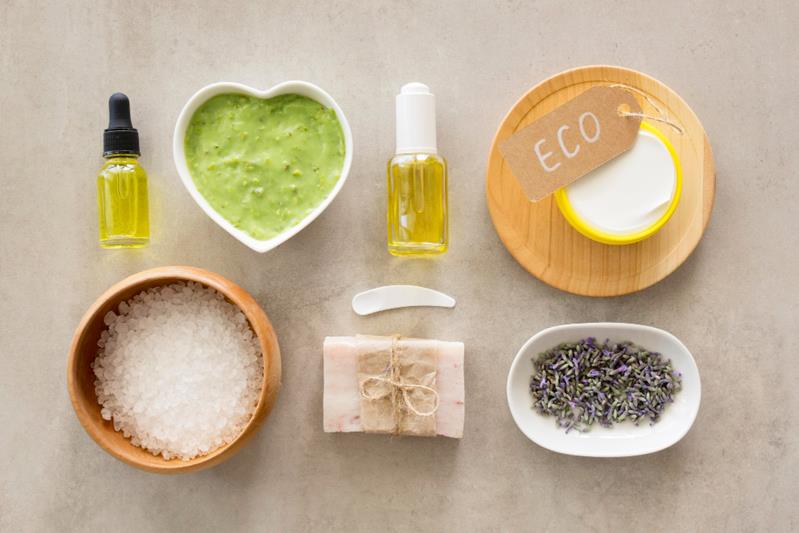Ethics and quality: why choose cruelty-free cosmetics
In modern society, more and more people are becoming conscious of consumption and actively striving for a healthy and ethical lifestyle. This also applies to the use of different cosmetic products. Not many people know that most cosmetics and household chemicals that we see on store shelves are tested on animals. Therefore, cruelty-free skincare products have ceased to be just a fashionable phenomenon but have become a significant component of the social and environmental movement.
What are cruelty-free cosmetics?
Cruelty-free skincare products are not tested on animals during their production and development. The term “cruelty-free” means that the cosmetic product company has not tested on animals under any circumstances, including both the initial phase of product development and subsequent testing stages. Cosmetic products that comply with cruelty-free principles do not contain preservatives, fragrances, dyes, mineral oils, glycogen and silicones.
Why do global brands test their products on animals? The main goal of cosmetics production is to determine the effectiveness and safety of products, namely the components in the composition. Cruelty-free brands use alternative testing methods designed to maintain environmental ethics.
Cruelty-free cosmetics not only support the welfare of animals but also express respect for their lives and rights. Traditional testing methods often involve suffering and disease for animals, so it is important to emphasize a commitment to caring for all living things. There are several organizations, such as Leaping Bunny and PETA, that provide cruelty-free certification to cosmetic companies. Receiving this mark means that the company strictly adheres to ethical principles and does not test products on animals.
Many people confuse the Cruelty-free and Vegan labels, believing that they are the same thing. It is important to recognize the difference between vegan and cruelty-free cosmetic products. Vegan cosmetics may be tested on animals, but do not contain animal ingredients. While cruelty-free cosmetics are not tested on pets, they may contain ingredients derived from animals.
Ethical methods for testing cosmetics
Unlike many traditional testing methods, ethical companies use alternative methods that do not involve testing on animals. Such methods are becoming increasingly popular in light of growing public awareness of animal rights and ethical practices.
One alternative method is In Vitro testing, which uses cell cultures or tissue models to evaluate the safety and effectiveness of cosmetic products. Such experiments can accurately replicate the reactions of human skin or eyes, allowing testing without the use of animals.
Advances in computer modeling make it possible to create simulations of the effects of cosmetic products on human skin and organs. This opens up the possibility of virtual testing, reducing the need for animal testing. Many ethical companies also use volunteers to achieve the best results. To do this, people use cosmetic products or their components to evaluate their safety and effectiveness. This type of testing is an important step in the development of cosmetic products, as it provides data on reactions in the human skin and body, which is sometimes unattainable when using cell cultures or animals.

Why choose cruelty-free cosmetics?
Thanks to numerous reviews and surveys, it has been proven that switching to cruelty-free cosmetics can have a positive effect on your skin and health. There are several significant advantages of using such cosmetics. First of all, it reduces the risk of irritation and allergies. The ingredients used in cruelty-free products are often gentle in formula, making them suitable for sensitive skin. Since such products do not contain harsh chemicals or synthetic additives, the skin is less likely to experience irritation or allergic reactions.
The natural organic composition will help maintain skin radiance. These ingredients contain a variety of antioxidants, vitamins, and minerals essential for healthy skin. It may also contain green tea extract, aloe vera, chamomile and jojoba oil.
Brands with ethical principles
Opting for cruelty-free cosmetics isn’t just a moral decision; it’s also a means of contributing positively to the environment. By selecting such products, you actively diminish environmental pollution, put an end to animal cruelty, and endorse sustainable manufacturing practices. Numerous cruelty-free products incorporate natural and organic components, thereby lessening chemical footprints on the environment.




